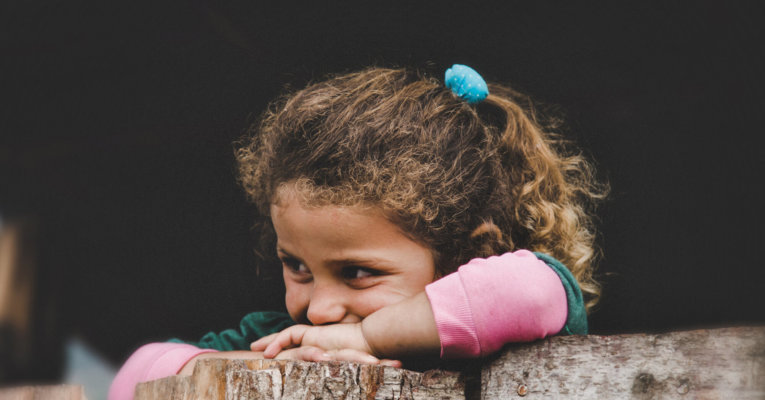If you are a parent or around children for any length of time, you will observe conflict. Although it can be frustrating, it is actually helpful for children to experience disagreements. Some bickering and conflict in childhood helps children discover positive ways of resolving disagreements-an important skill throughout life.
Following are some tips to help you as you teach the children in your life how to solve conflict respectfully:
- Model a rich “feelings” vocabulary: Starting in infancy, begin putting words to emotions. Talk with your baby about how he might be frustrated while getting a diaper change. Talk to toddlers about the people you encounter throughout the day. Point out facial expressions and key in on why they may be feeling the way they do. Preschoolers have a larger vocabulary you can encourage. Use words like, frustrated, frightened, anxious, angry, embarrassed and worried.
Establish boundaries regarding behavior: In each developmental stage, children gradually expand their capacity to balance their personal rights, needs, and wants with those of others. Explain that children can feel however they wish, but they must control what they do. Make it clear to your children what you expect with rules such as no name-calling, no yelling, no pushing or shoving. Also, let them know what is acceptable behavior and praise them when you see it.
Use children’s books to broaden their understanding: Books geared towards children can open up a world of opportunity to talk together with your child about feelings and ideas. As you read a story, stop at various points and ask your child questions such as, “Why do you think they did that?”, “Have you ever felt the same way?” or “What would you do?” As you continue to read the story, help them understand there are two sides to every argument. Also, be sure to point out that violence is never the answer to conflict.
Be a good role model: Your children are always watching you. They will ultimately learn more about solving conflicts from your abilities to handle disagreements than anywhere else. Practice patience and self-control. Let your children observe you listening to another’s viewpoint without interrupting. State calmly and clearly how you feel. Work towards a compromise acceptable to both parties. Let your children see you use negotiation.
Resist the temptation to ‘solve’ your children’s conflicts:
When your preschooler and his friend come running to you to set right an injustice, don’t separate them, take a toy away, or solve the issue. Ask questions and coach them in the basic steps of problem solving. Encourage children to make amends: If friends or siblings have a serious disagreement, there may be some hurt feelings involved. Suggest your child write a note apologizing for the conflict, use a phone call to set things right, or talk to the other child directly. Explain that although an argument occurred, they are ready to set things right again. All relationships will involve conflict at some point in time, but a well-paved road to forgiveness will go far in helping the relationship last.






